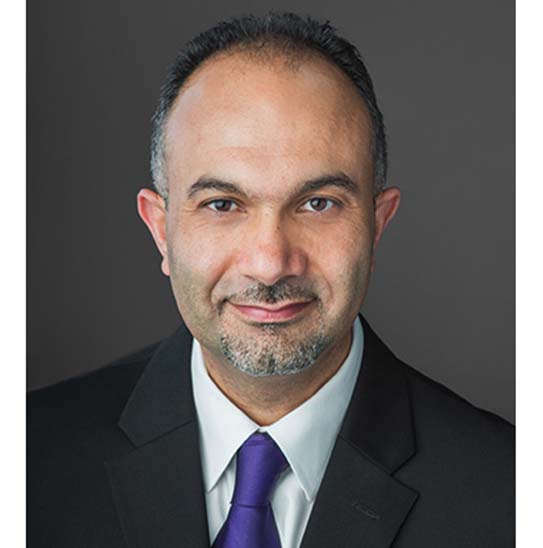

Eighty years ago, few people in the world had heard of polymers. But in the late 1930s, one polymer—nylon—became a household word in just a few months. While nylon took the stockings market by storm, the progression toward polymers becoming ubiquitous in clothing and beyond—in kitchenware, electronics, building materials, medicine, and more—took decades. We now know that polymers were one of the materials that characterized the 20th century. Looking ahead, metal–organic frameworks (MOFs), or smart and programmable sponges, are poised to be a defining material of the 21st century. Though this class of multidimensional crystalline materials is still in its early stages, 50 years from now, they will be an ever-present part of human life just as polymers are today. MOFs are a class of porous materials that we can think of as nano-sized Tinker Toy assemblies which repeat in periodic arrays. Researchers around the world have explored the relevance of MOFs for applications including, but not limited to, drug delivery, water harvesting, gas storage, separations, and destruction of nerve agents. Importantly, start-up companies have recently undertaken MOF commercialization within industrial sectors. This talk will focus on metal–organic frameworks as the enabling materials for protection from Basic Science to Implementation and Commercialization. “From basic science to commercialization of smart programmable sponges for environmental remediation and protection.